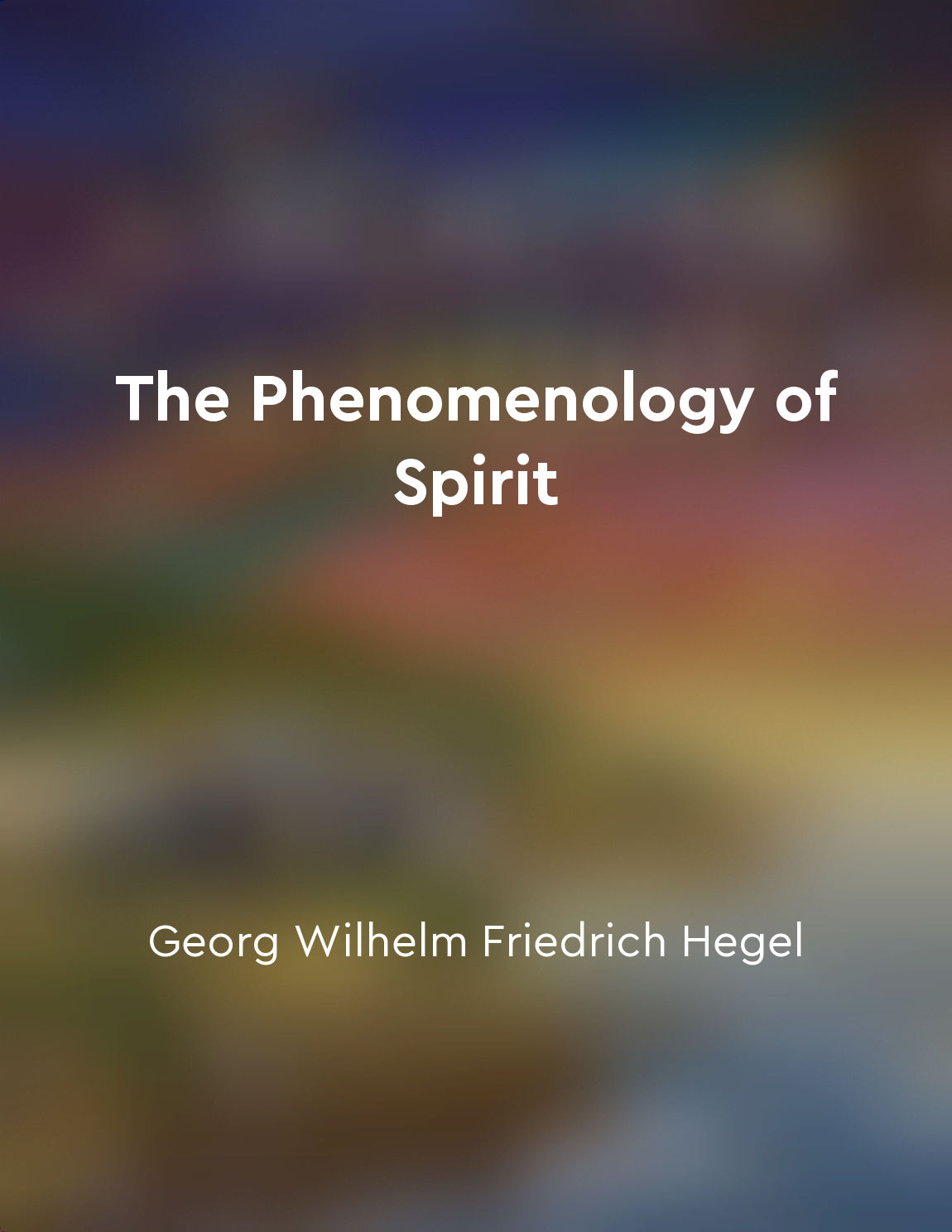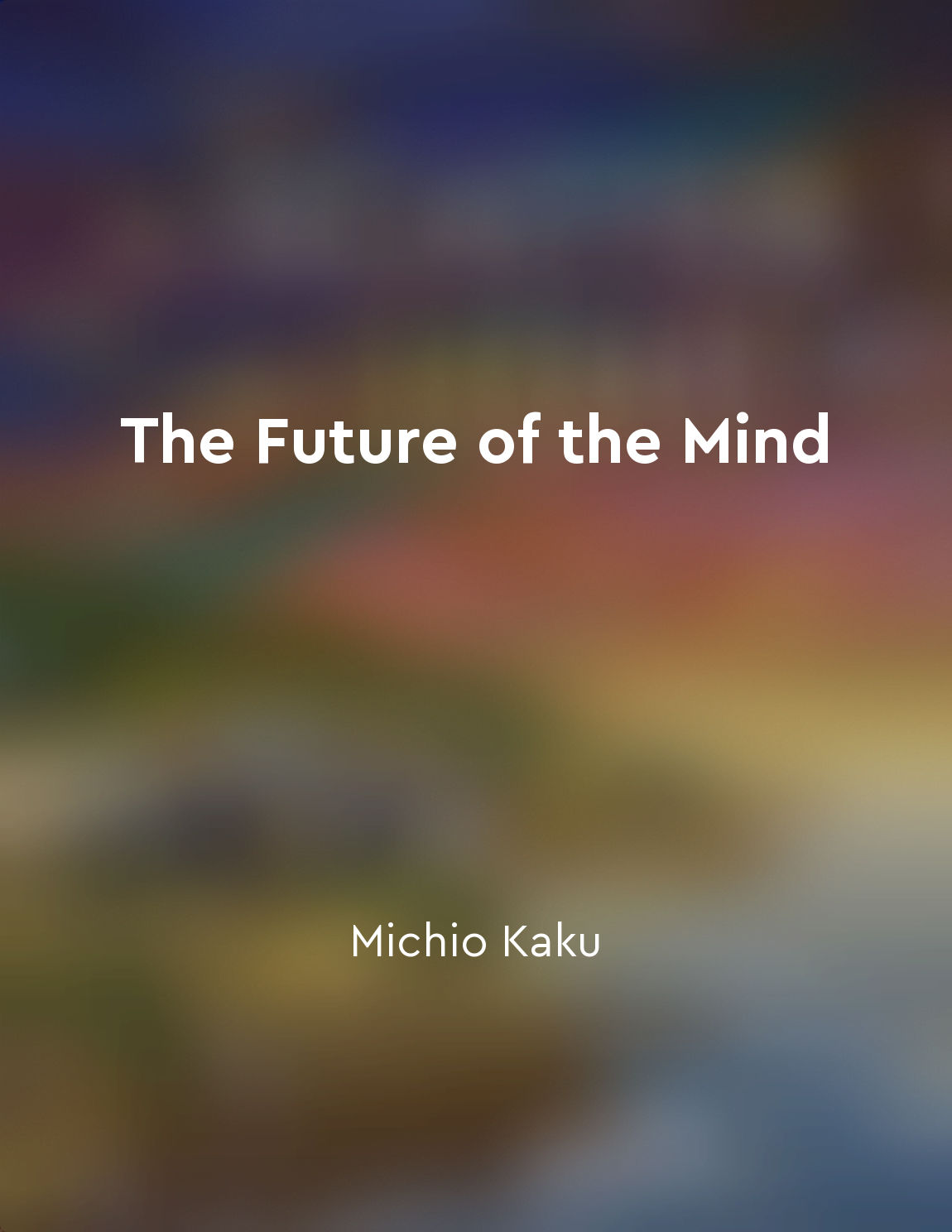Audio available in app
Consciousness remains one of the greatest mysteries in neuroscience from "summary" of Cognitive Neuroscience by Gazzaniga,Michael,Ivry,Richard B.,Mangun,George R.
Understanding consciousness presents profound challenges in neuroscience, as it encompasses a range of subjective experiences and cognitive processes. At its core, consciousness involves an awareness of oneself and the environment, yet defining it remains elusive. Neuroscientific inquiry often grapples with the question of how neural activity translates into the rich tapestry of thoughts, emotions, and perceptions that characterize human experience. Research has identified various brain regions implicated in conscious awareness, including the prefrontal cortex and the thalamus. However, the relationship between neural correlates and conscious experience is complex and not fully understood. Scientists have developed theories, such as the Global Workspace Theory, which posits that consciousness arises from the integration of information across different brain areas. Yet, questions persist about the mechanisms that allow certain thoughts to enter conscious awareness while others remain unconscious. The distinction between conscious and unconscious processes further complicates the investigation. Automatic behaviors, such as driving a familiar route, occur without conscious thought, suggesting that much of human cognition operates below the level of awareness. This distinction raises intriguing questions about free will and decision-making, challenging the notion of a unified conscious self. Research methodologies, including neuroimaging and electrophysiological techniques, have advanced the understanding of neural dynamics associated with conscious states. However, these methods often reveal correlations rather than direct causal relationships, leaving researchers to ponder the fundamental nature of consciousness itself.- As they touch on the essence of human experience. The interplay between subjective experiences and objective measurements continues to fuel debate, highlighting the intricate relationship between the mind and the brain. Each new discovery uncovers further layers of complexity, inviting exploration into the depths of human awareness and the nature of reality.
Similar Posts
Neurotransmitters play a crucial role in brain function
Neurotransmitters are vital components in the intricate network that is the human brain. These chemical messengers play a pivot...
Learning new skills and knowledge fosters brain development
Learning new skills and knowledge is not just about acquiring new capabilities; it also plays a crucial role in fostering brain...
Social class can impact opportunities and outcomes
Social class is not just about how much money you have in your bank account. It goes much deeper than that. It influences every...

Reflecting on past decisions can reveal cognitive biases
When we look back on past decisions we have made, we may uncover certain patterns or tendencies that influenced our choices. Th...

Subjective and objective dimensions
The movement of the Concept is the self-establishing, alienating process of the Concept. The Concept is the unity of the object...
The brain is constantly processing information at a subconscious level
The brain is a master at multitasking, with countless processes happening simultaneously. Even when we are not consciously awar...

The brain's power may be harnessed for limitless possibilities
The human brain, a remarkable organ that weighs a mere three pounds, holds immense potential waiting to be unlocked. It is the ...
Perceiving is not an inner pictureshowing
When we think about perceiving, we often imagine it as a sort of inner pictureshowing. This idea suggests that when we perceive...
Memory is not a mental mechanism
The concept that memory is not a mental mechanism is crucial to understanding the nature of the mind. When we talk about memory...

